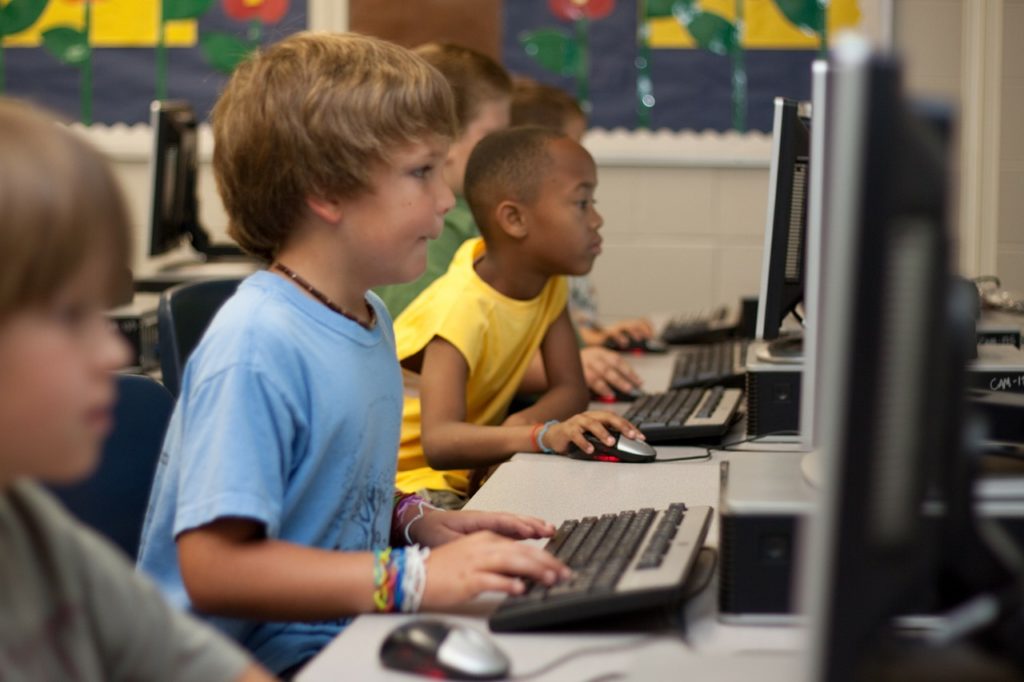
Teaching a lesson to your students can become quite a challenge. The most common problem is distractions that result from disruptive students. Good teachers understand that they have limited time with their students, so they maximize their institutional time but minimize distractions. Many of them are experts when it comes to handling adversity. They ensure that these problems are solved quickly and efficiently.
Effective teachers choose discipline strategies to discourage negative behavior and motivate their students. With this, they can be able to make good decisions and feel good about themselves. Have you tried all behavior management tips and you have failed? Just keep your head up and consider trying again. Let’s talk about how to handle disruptive students in the elementary classroom.
Listen carefully to students
Kindly, don’t jump to conclusions. As a good teacher, you should always listen to the student’s ideas. A student might be having something important to say. If you don’t give them an opportunity, they will bring distractions. Sometimes their ideas, behavior and opinions might be a cry for help. Therefore. Listening to them allows you to offer help to them. Show your concern to them in such a way they will discover you have been listening. Even if the situation is difficult to handle, listening to them builds some trust.
Define expectations
Make sure you define your expectations to your students. Help them to understand there are impacts of both positive and unwanted behaviors. Let them know the rules that should be followed not only in school but also in classrooms. When students break these rules they need to prepare themselves for the consequences. Clearly define and write out each expectation you have. In fact, you can even post them in a unique spot in the classroom.
Examples of expectations from students in classrooms:
- They should raise their hands before speaking
- Stay seated during classroom events and activities
- Wait to be dismissed
- Show respects and obedience for students, teachers and school property
- Be considerate and prepared for class
Emotion-free, collective and keep calm
As a teacher, you should never yell to your student. Also, it’s not good to tell your student to “shut up.” When you do this, you will harm the teacher-student relationship in the classroom. Teachers must be emotionally free and stay calm when addressing disruptive students. Sometimes a student can provoke you so that you can react foolishly. Know that if you stay calm, it can diffuse the situation quickly. However, if you become confrontational and combative the situation can become potentially dangerous. Avoid emotions that can ultimately and detrimental hurt your trust and credibility as a teacher.
Reward acceptable behavior
This is among the best strategies when dealing with disruptive students. Though there are difficult students to deal with, there are also good students. When you reward acceptable behavior, you are setting a positive example to a disruptive student. Those who misbehave will feel discouraged by their behaviors and they may want to change. Indeed, this makes them re-think so that they can be rewarded in the future. Just try this behavior management tactic. Am sure it will work well for you in the classroom.
Parent-teacher communication
As a teacher, make sure you involve parents in their children’s education. Students who are disruptive change their behavior when their parents are involved. Many students need attention and communication from both sides. Present the unwanted behavior of a student to a parent. Parents can help you to modify behavior because they know their children well than you. As a result, these students change when communicated to.
You can communicate with parents by:
- Through progress report
- Weekly and monthly newsletter
- Parent conference
- Academic clinic
- Email or instant message.
The above tips can help a teacher mode and handle disruptive students in classrooms. It is a necessity to ensure peace among students in classrooms. Help them to correct the problem. Also, pay attention to them, stay calm and collective, and engage parents in their education. Eventually, the results will be positive.
